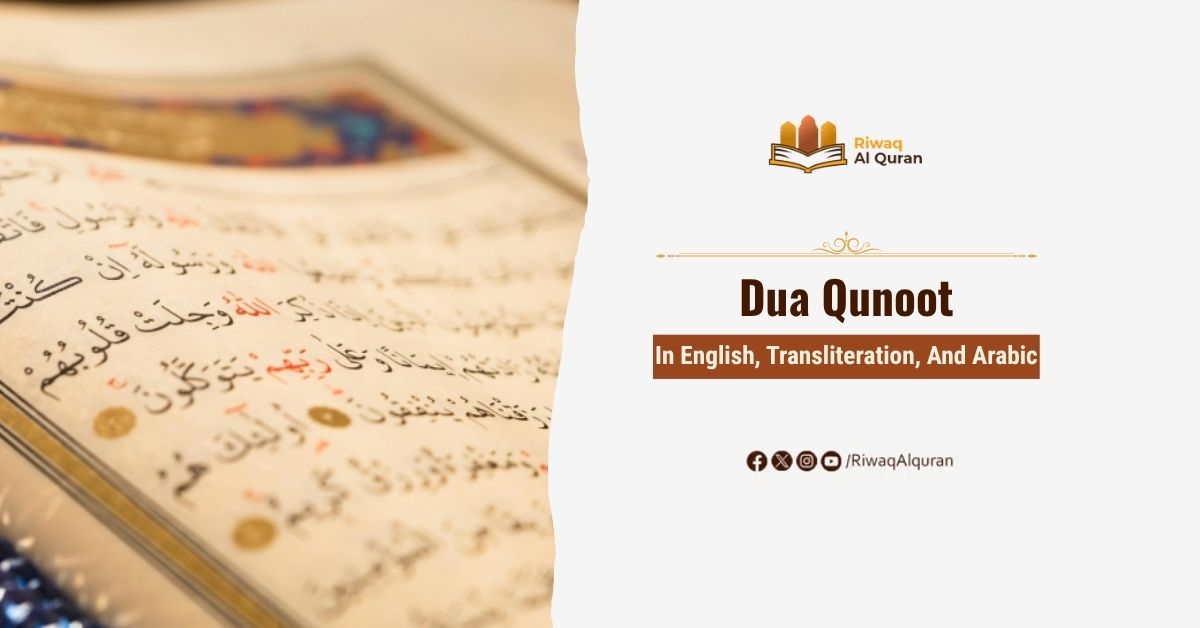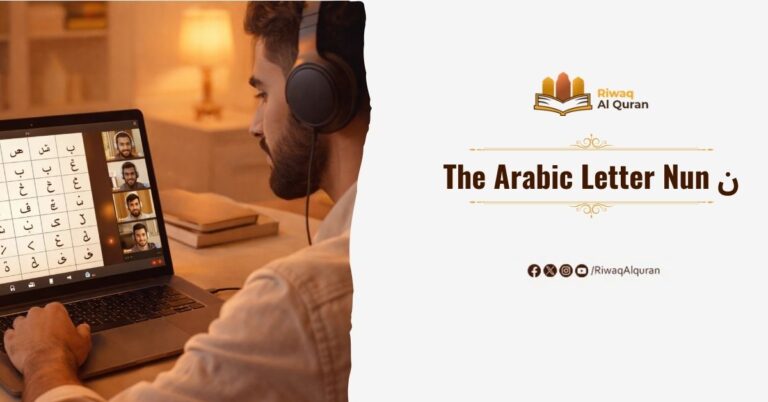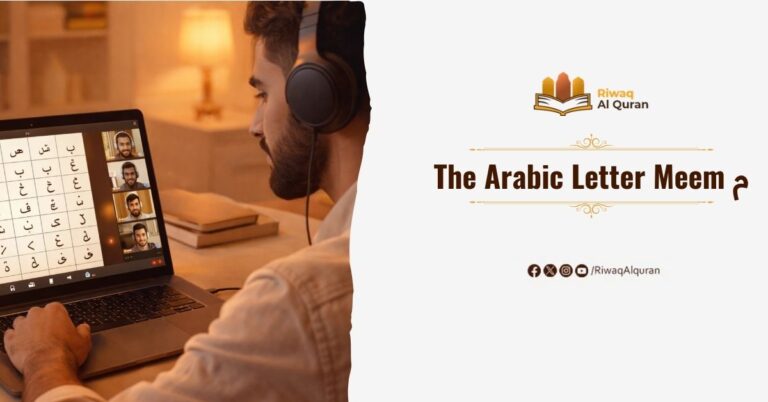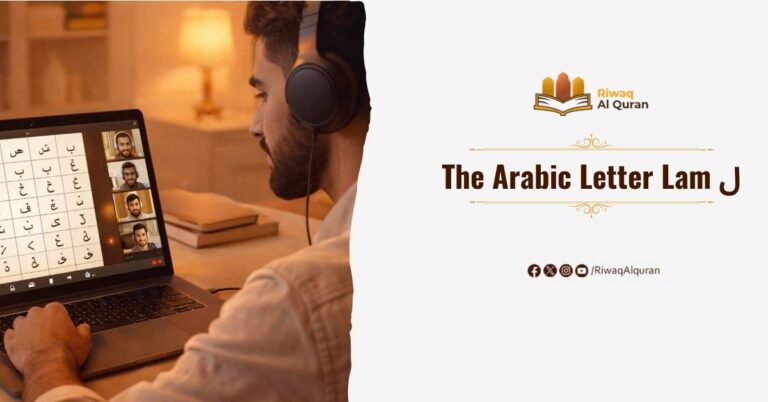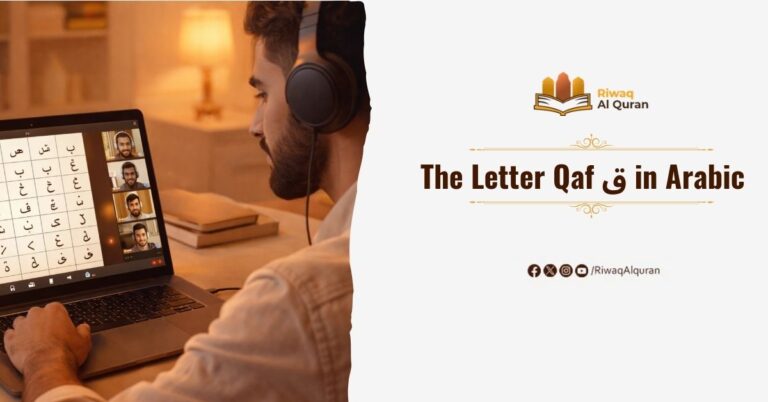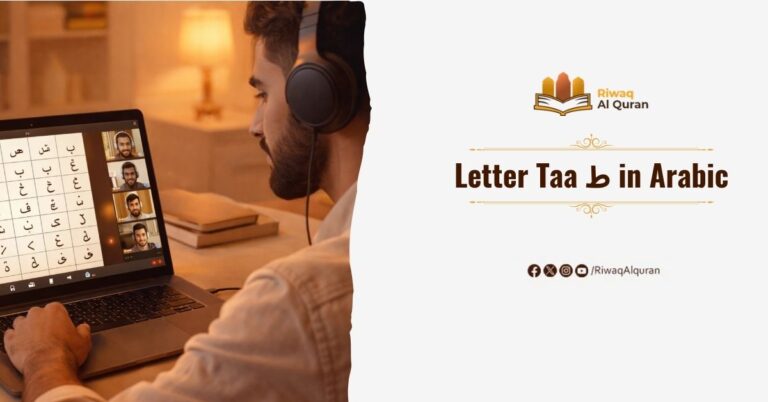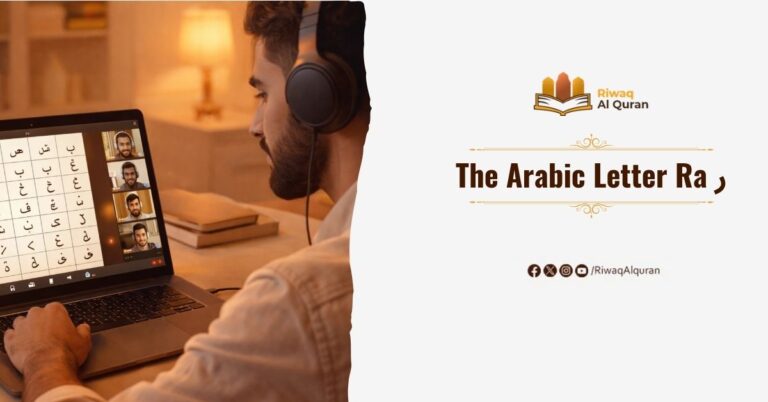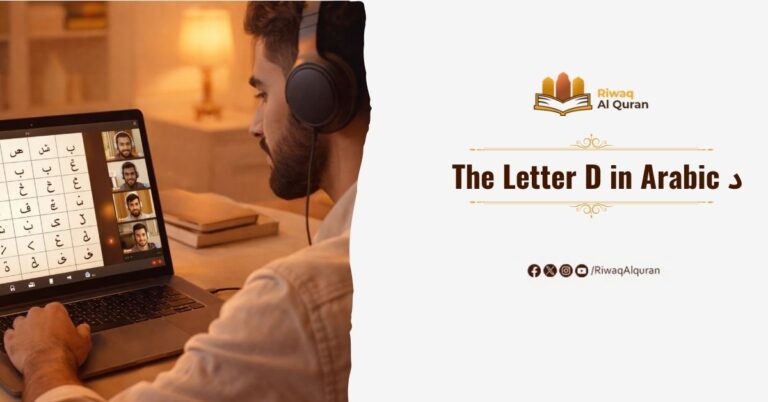There are moments in every believer’s life when words fall short—but the heart still seeks Allah’s mercy, guidance, and support. One of the most profound forms of supplication in Islam is Dua Qunoot—a special invocation made while standing in prayer, particularly during Witr.
This guide explains what Dua Qunoot is, why it holds a special place in Islamic tradition, and how to recite it with proper understanding and intention. Whether you’re performing night prayers, facing hardship, or seeking closeness to Allah, this article will walk you through the meaning, transliteration, and English translation of this deeply spiritual prayer.
Table of Contents
What is Dua Qunoot?
Dua Qunoot is a supplication recited during prayer, typically in the final rak’ah of Witr after bowing (rukoo’), though some scholars allow reciting it before bowing. The word “Qunoot” linguistically means obedience and humility, and in Islamic practice, it refers to a heartfelt supplication made with deep reverence.
It is a well-established Sunnah from the Prophet ﷺ, in which the believer seeks Allah’s guidance, forgiveness, mercy, and protection in matters of both religion and worldly life.
How to Perform Qunoot in Witr Prayer (Step-by-Step):
- Pray Witr with one, three, or more rak‘ahs (always an odd number).
Choose the number of rak‘ahs that is convenient for you, but keep it an odd number. - In the last rak‘ah, after reciting Al-Fatihah and a short Surah, bow (rukoo‘) as usual.
- After rising from rukoo‘ (“Sami’ Allahu liman hamidah”), remain standing and raise your hands to make dua.
- Recite the Qunoot supplication, most famously narrated by Al-Hasan ibn Ali (may Allah be pleased with him):
“Allahumma ihdini feeman hadayt, wa ‘aafini feeman ‘aafayt…” (Full version will follow below). - It is preferred to recite it with humility and focus. If praying in congregation, the imam may recite it aloud while others say “Ameen.”
- Once the dua ends, proceed with sujood and finish the prayer with tasleem.


Powerful Duas for Qunoot and Witr Prayer Needs
In moments of deep reflection during the Witr prayer, we turn to Allah with heartfelt supplications. The Dua Qunoot is a powerful tool that the Prophet ﷺ taught us to use in times of need, distress, or simply to express gratitude and devotion. Whether you are seeking guidance, protection, forgiveness, or strength, this special moment in prayer is an opportunity to open your heart to Allah.
Here are several authentic Duas you can make during Qunoot to seek Allah’s help and mercy in various aspects of life:
1. Duas for Qunoot
Arabic:
اللَّهُمَّ اهْدِنِي فِيمَنْ هَدَيْتَ، وَعَافِنِي فِيمَنْ عَافَيْتَ، وَتَوَلَّنِي فِيمَنْ تَوَلَّيْتَ، وَبَارِكْ لِي فِيمَا أَعْطَيْتَ، وَقِنِي شَرَّ مَا قَضَيْتَ، إِنَّكَ تَقْضِي وَلَا يُقْضَى عَلَيْكَ، وَإِنَّهُ لَا يَذِلُّ مَنْ وَالَيْتَ، وَلَا يَعِزُّ مَنْ عَادَيْتَ، تَبَارَكْتَ رَبَّنَا وَتَعَالَيْتَ، فَلَكَ الْحَمْدُ عَلَى مَا قَضَيْتَ، وَنَسْتَغْفِرُكَ وَنَتُوبُ إِلَيْكَ، وَصَلَّى اللَّهُ عَلَى نَبِيِّنَا مُحَمَّدٍ
Transliteration:
Allāhumma ihdinī fīman hadayta, wa ‘āfinī fīman ‘āfayta, wa tawallani fīman tawallayta, wa bārik lī fīma a‘ṭayta, wa qinī sharra mā qaḍayta, fa’innaka taqḍī wa lā yuqḍā ‘alayk, wa innahu lā yadhillu man wālayta, wa lā ya‘izzu man ‘ādayta, tabārakta Rabbanā wa ta‘ālayta, falaka al-ḥamdu ‘alā mā qaḍayta, wa nastaghfiruka wa natūbu ilayk, wa ṣallallāhu ‘alā nabiyyinā Muḥammad.
Translation:
“O Allah! Guide me among those You have guided, grant me well-being among those You have granted well-being, take me into Your care among those You have taken into Your care, bless me in what You have given, and protect me from the evil You have decreed.
Surely You decree, and none can decree over You. Indeed, he is not humiliated whom You have befriended, and he is not honored who is Your enemy.
Blessed are You, our Lord, and Exalted. To You is all praise for what You have decreed. We seek Your forgiveness and turn to You in repentance. And may Allah’s peace and blessings be upon our Prophet Muhammad.”
2. Dua for Protection from Evil
Say this during times of fear, hardship, or when asking Allah to protect you from trials.
Arabic:
ٱللَّهُمَّ إِنِّي أَعُوذُ بِكَ مِنَ الْهَمِّ وَالْحَزَنِ، وَأَعُوذُ بِكَ مِنَ الْعَجْزِ وَالْكَسَلِ، وَأَعُوذُ بِكَ مِنَ الْجُبْنِ وَالْبُخْلِ، وَأَعُوذُ بِكَ مِنْ غَلَبَةِ الدَّيْنِ وَقَهْرِ الرِّجَالِ
Transliteration:
Allāhumma innī aʿūdhu bika mina al-hammi wa al-ḥazan, wa aʿūdhu bika mina al-ʿajzi wa al-kasal, wa aʿūdhu bika mina al-jubni wa al-bukhl, wa aʿūdhu bika min ghalabati al-dayni wa qahri al-rijāl.
Translation:
“O Allah, I seek refuge in You from anxiety and sorrow, from weakness and laziness, from cowardice and stinginess, and from being overpowered by debt and men.”
3. Dua for Forgiveness
This is perfect for the moment in Qunoot when you’re asking Allah to pardon you and accept your repentance.
Arabic: رَبَّنَا ظَلَمْنَا أَنفُسَنَا وَإِن لَّمْ تَغْفِرْ لَنَا وَتَرْحَمْنَا لَنَكُونَنَّ مِنَ الْخَاسِرِينَ
Transliteration: Rabbana ẓalamnā anfusanā wa in lam taghfir lanā wa tarḥamnā lanakūnanna mina al-khāsirīn.
Translation: “Our Lord, we have wronged ourselves, and if You do not forgive us and have mercy upon us, we will surely be among the losers.”
4. Dua for Gaza and All Oppressed Muslims Worldwide
This heartfelt dua can be recited during Qunoot or in personal supplication to ask Allah’s mercy, protection, and justice for those suffering under oppression.
Arabic:
اللَّهُمَّ كُنْ لِإِخْوَانِنَا فِي غَزَّةَ، وَفِي كُلِّ أَرْضٍ يُظْلَمُ فِيهَا الْمُسْلِمُونَ، اللَّهُمَّ احْفَظْهُمْ بِحِفْظِكَ، وَاكْفِهِمْ شَرَّ أَعْدَائِكَ، اللَّهُمَّ أَمِّنْ رَوْعَاتِهِمْ، وَاشْفِ جَرْحَاهُمْ، وَارْحَمْ شُهَدَاءَهُمْ، وَرُدَّ الْمُهَجَّرِينَ إِلَى دِيَارِهِمْ رَدًّا جَمِيلًا، اللَّهُمَّ ارْفَعِ الْبَلَاءَ وَالْعَنَاءَ عَنْهُمْ، وَكُنْ لَهُمْ وَلَا تَكُنْ عَلَيْهِمْ.
Transliteration:
Allāhumma kun li-ikhwāninā fī Ghazzah wa fī kulli arḍin yuẓlamu fīhā al-muslimūn. Allāhumma iḥfaẓhum bi-ḥifẓik, wa-kfihim sharra aʿdā’ika. Allāhumma ammin rawʿātihim, washfi jarḥāhum, warḥam shuhadā’ahum, wa-rudd al-muhajjirīn ilā diyārihim raddan jamīlan. Allāhumma irfaʿ al-balāʾ wa-al-ʿanāʾ ʿanhum, wa kun lahum wa lā takun ʿalayhim.
Translation:
O Allah, be with our brothers and sisters in Gaza and in every land where Muslims are oppressed. O Allah, protect them with Your divine care, shield them from the evil of their enemies. Grant them safety and peace, heal their wounded, have mercy on their martyrs, and return the displaced to their homes in dignity. O Allah, lift their suffering and hardship, and stand by them, not against them.
As Allah says in the Qur’an: “So remember Me; I will remember you. And be grateful to Me and do not deny Me.” (Surah Al-Baqarah, 2:152).
The Power and Significance of Dua Qunoot
Dua Qunoot is one of the most powerful supplications in Islam, often recited during times of hardship, calamity, or spiritual need—especially in the Witr prayer. It reflects the believer’s complete submission and dependence on Allah, asking Him for guidance, protection, mercy, and strength. Making Dua Qunoot is not just a moment of emotional prayer; it’s a profound act of worship that connects the heart directly with the Creator during one of the most spiritually elevated moments in prayer.
An Islamic Perspective on Seeking Divine Aid through Qunoot
Islam encourages believers to turn to Allah in every situation, especially during trials and challenges. The Prophet Muhammad ﷺ said: “Du’a is the essence of worship” (Tirmidhi).
The practice of Qunoot—whether during calamities (Qunoot al-Nazilah) or Witr—serves as a reminder that no matter how difficult our circumstances may be, Allah is always near and responsive to sincere supplication. Reciting Qunoot reinforces the believer’s faith in divine justice, mercy, and support.
The Virtue of This Supplication
Qunoot is a gateway to divine mercy. Allah says in the Qur’an: “Call upon Me; I will respond to you.” (Surah Ghafir 40:60)
When a Muslim raises their hands in Qunoot, it is a declaration of their reliance on Allah (Tawakkul), their rejection of despair, and their certainty in divine wisdom. It cultivates humility, strengthens hope, and spiritually elevates the one who prays.
Read Also: Duas for Entering and Leaving Home / House
Experience Riwaq Al Quran Classes
Watch real moments from our live sessions at Riwaq Al Quran and see how we bring learning to life. These clips highlight our interactive, student-focused approach designed to keep learners engaged, motivated, and actively involved in every step of their educational journey.
Practical Steps to Complement Your Duas
While making Dua Qunoot is deeply rewarding, Islam teaches us that supplication must be accompanied by action. Just as we ask Allah for help, we must also strive in the worldly means He has provided us.
Maintain Consistency in Night Prayers (Qiyam-ul-Lail)
Reciting Qunoot during Witr becomes even more powerful when you establish a routine of praying at night. Even a few rak‘ahs regularly performed can transform your spiritual state and bring barakah into your life.
Reflect and Act Upon the Meaning of the Dua
Don’t just recite the words—understand them. When you ask Allah for guidance, make a conscious effort to follow His commands and seek beneficial knowledge. When you ask for protection, take practical steps to avoid sin and harmful influences.
Stay Connected to the Ummah’s Needs
Qunoot is often recited for the oppressed and suffering Muslims around the world. To honor your dua, support humanitarian efforts, raise awareness, and contribute to causes that serve the Ummah. Action validates sincerity.
To listen to the beautiful recitation of Dua Qunoot by Sheikh Mishary Rashid Alafasy, click here.
Read Also: Laylatul Qadr Dua List
When is the best time to make Dua Qunoot?
Dua Qunoot is typically recited in the last rak’ah of Witr prayer, especially during the second half of the night. It can also be said during times of calamity or collective hardship (known as Qunoot al-Nazilah).
Can I say Dua Qunoot in English, or does it have to be in Arabic?
While it’s best to learn and recite it in Arabic, especially for formal prayers, you may say the meaning in your own language when making personal supplications outside of prayer until you’ve learned the Arabic version.
How can I help my child learn Dua Qunoot?
Enroll them in interactive Quran classes with qualified instructors. Using repetition, visual aids, and positive reinforcement makes learning effective and enjoyable. Riwaq Al Quran offers tailored programs just for kids.
What if I make a mistake in pronunciation?
Don’t worry. Sincerity is what counts most in dua. Mistakes are expected when learning. Keep practicing, and consider working with a certified Tajweed teacher to improve your pronunciation step by step.


Why Students Love Learning with Riwaq Al Quran
Hear directly from our students about how Riwaq Al Quran Academy has transformed their connection with the Book of Allah. Their experiences reflect the dedication, care, and quality that guide every step of our teaching.
Learn Quran and Islamic Studies with Riwaq Al Quran
Reciting powerful duas like Dua Qunoot is a beautiful start to strengthening your connection with Allah. But the next step is even more impactful—seeking deep knowledge of the Quran and Islamic teachings. At Riwaq Al Quran, we make this journey easier and more rewarding by offering personalized one-on-one classes with qualified Quran and Tajweed teachers.
Whether you are an adult aiming to improve your recitation, or a parent hoping to instill love for Islam in your child’s heart, Riwaq Al Quran is your trusted partner. Join thousands of students around the world who have transformed their relationship with the Quran—right from the comfort of their homes. Start Learning Now with Riwaq Al Quran.
We offer several courses such as:
- Online courses for kids.
- Online Quran classes for kids and adults.
- Online Arabic courses
- Online Ijazah courses
- Online Islamic Studies courses.
Here are a sample of our set of Quran Courses that will be helpful for you:
- Online Tafseer Course: Delve into Quranic meanings with our insightful online Tafseer course.
- Noorani Qaida Online: Learn Quranic basics efficiently through our Noorani Qaida online program.
- Online Quran Recitation Course: Enhance Quranic recitation skills through our expert-led online course.
- Online Tajweed Classes: Master Tajweed rules for beautiful Quranic recitation in online classes.
- Quran Memorization Online Course: Memorize the Quran effectively with our specialized online memorization course.
- Online Qirat Course: Explore diverse Qirat styles with our comprehensive online Qirat course.
- Online Quran Classes for Kids: Nurture a love for the Quran in kids through interactive online classes.
Conclusion
Dua Qunoot is more than a beautiful supplication—it’s a declaration of your trust, submission, and love for Allah. In moments of hardship or spiritual seeking, this powerful dua reminds us that Allah’s mercy is near, His help is promised, and His wisdom is perfect.
In this guide, we explored the meaning, significance, and method of reciting Dua Qunoot, along with heartfelt supplications you can say for yourself and the Ummah. Remember: while duas open doors, it is our responsibility to walk through them with faith and effort.
So, make dua with presence. Act with purpose. And put your full tawakkul (reliance) in Allah—knowing that He never abandons those who call upon Him with sincere hearts.

